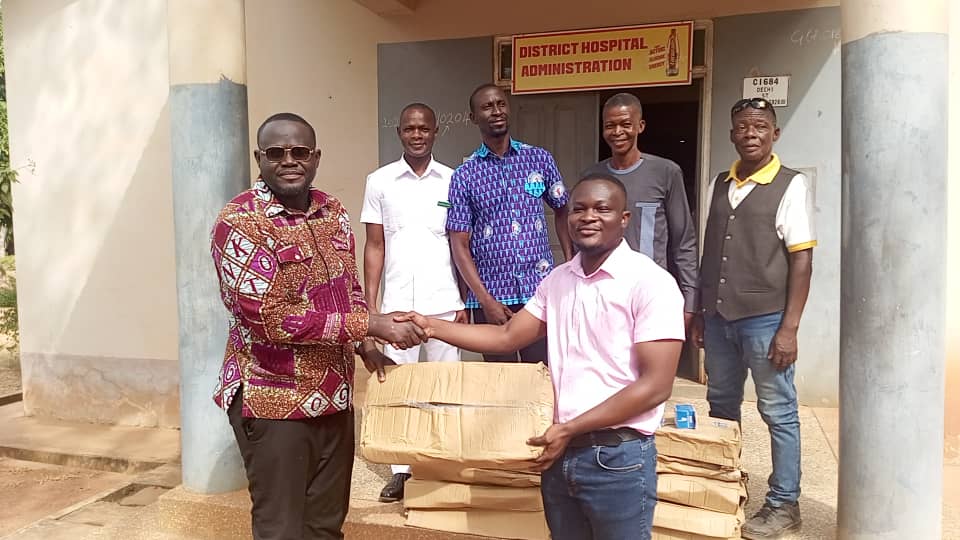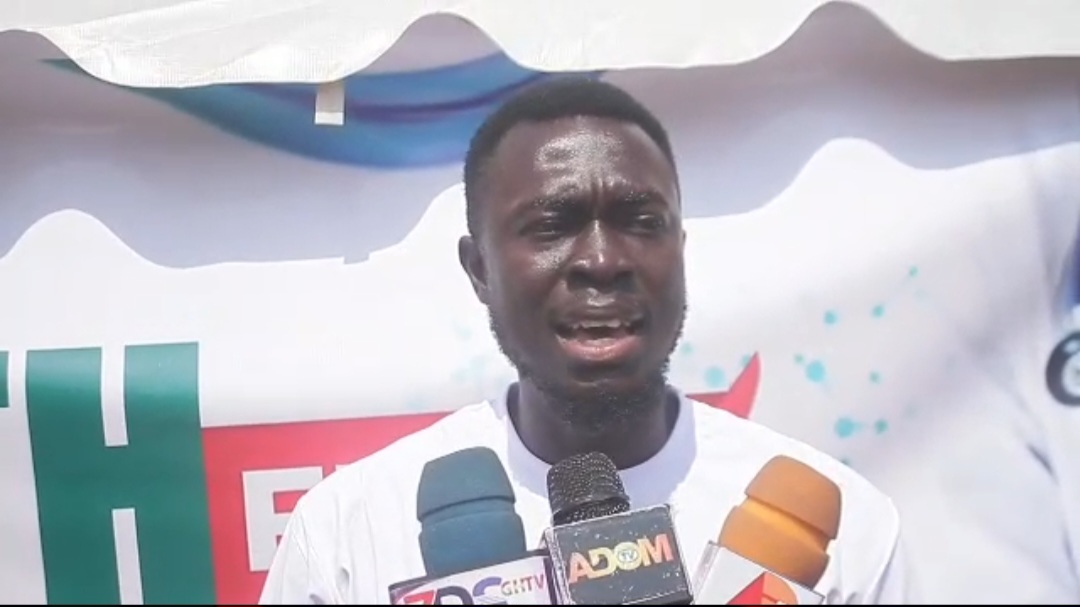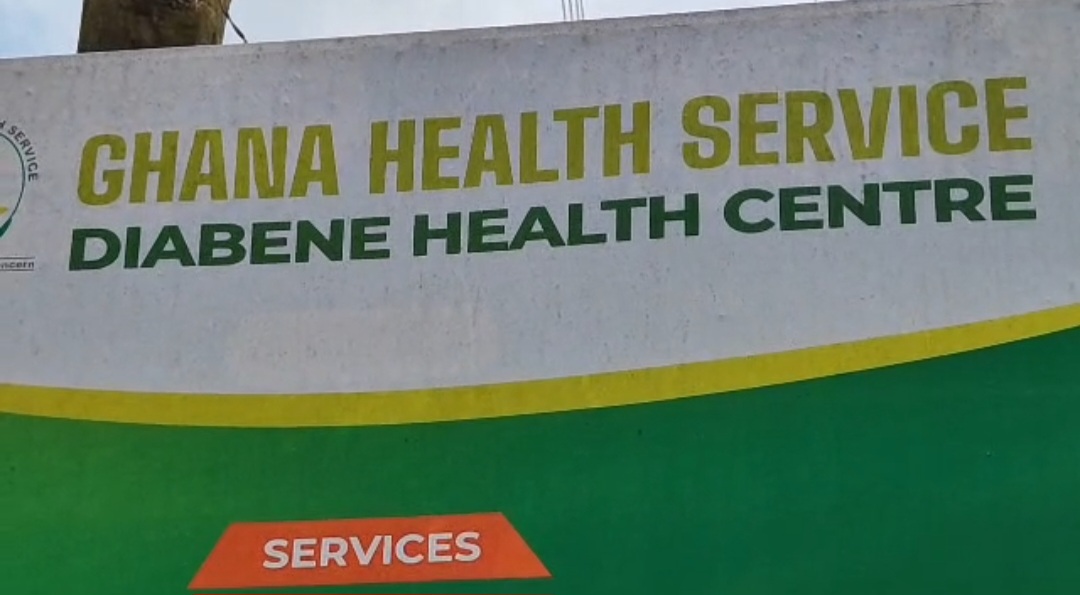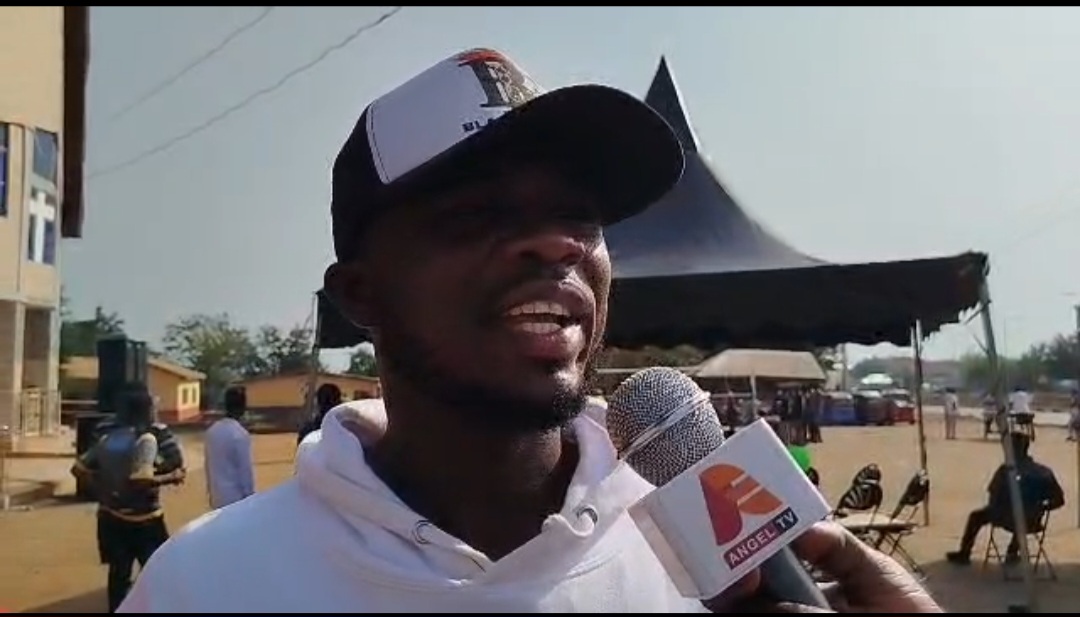Free Dialysis Not Fully Accessible In Western Region – Dr. Jameela Khalid
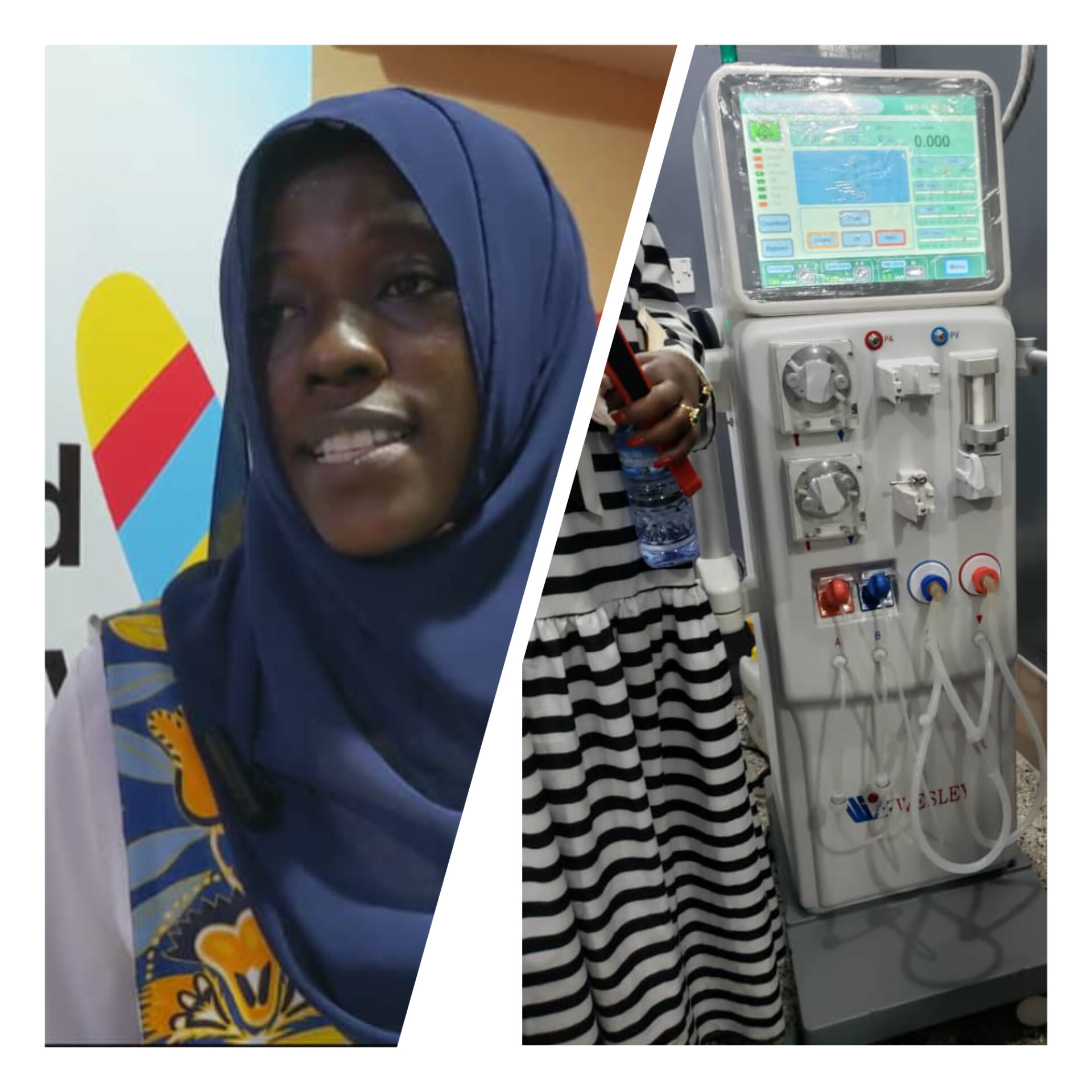
Dr. Jameela Khalid, a physician specialist at Effia Nkwanta Regional Hospital, has raised concerns over the accessibility of free dialysis treatment in the Western Region. According to her, despite the government’s intervention in making kidney failure treatment free, many patients still struggle to access the service due to limited resources and high additional costs.

She revealed that the number of patients requiring dialysis daily far exceeds the available machines, making it difficult to provide timely treatment.
Additionally, Effia Nkwanta Regional Hospital remains the only accredited facility for free dialysis in the entire region, yet it has only three dialysis machines—far from sufficient to meet the rising demand.

Dr. Khalid further explained that while the dialysis treatment itself is free, patients still have to purchase essential consumables and medications, which are costly, making it difficult for many to benefit fully from the initiative.
 Speaking during this year’s World Kidney Day celebration at Effia Nkwanta in the Sekondi-Takoradi Metropolis, she called on the government to provide additional support by covering the cost of essential dialysis items and increasing the number of machines available.
Speaking during this year’s World Kidney Day celebration at Effia Nkwanta in the Sekondi-Takoradi Metropolis, she called on the government to provide additional support by covering the cost of essential dialysis items and increasing the number of machines available.

“We appreciate the government’s intervention in making dialysis free, but patients still struggle to afford the necessary consumables. If these additional costs are not covered, many people will continue to face difficulties accessing treatment,” – Dr. Jameela Khalid.

Meanwhile, Dr. Hilda Moore, a specialist at Cape Coast Teaching Hospital, has expressed concern over the rising cases of kidney disease in Ghana.
She attributed the increase to poor lifestyle choices, unregulated medication use, and exposure to harmful substances, particularly from polluted water sources linked to illegal mining (galamsey).

“Kidney diseases are on the rise, and we must take proactive steps to prevent them. I urge Ghanaians to exercise regularly, eat healthily, and avoid drinking contaminated water, especially in areas affected by galamsey,”-
She urged Ghanaians to adopt healthier lifestyles to protect their kidneys, emphasizing the importance of regular exercise, a balanced diet, and avoiding exposure to toxins.

In his address, the Medical Superintendent of Effia Nkwanta Regional Hospital, Dr. Joseph Tambil, welcomed the inclusion of funds in the 2025 national budget to complete the redevelopment of the regional hospital into a teaching hospital.

He emphasized that this transformation, when completed, will significantly improve dialysis services and ease the suffering of kidney patients in the Western Region.
“We are delighted that the 2025 budget has captured funds for Effia Nkwanta’s redevelopment into a teaching hospital.

This will greatly enhance healthcare delivery and improve dialysis services in the region,” – Dr. Joseph Tambil.
With the increasing demand for dialysis services, health experts are calling on the government to:
Provide more dialysis machines in the Western Region to expand access.

Cover the cost of essential consumables and medications to ensure dialysis is truly free.
Increase public awareness on kidney disease prevention and early detection.

As kidney-related diseases continue to rise in Ghana, healthcare professionals stress the urgent need for improved infrastructure and financial support to ensure all patients receive life-saving treatment without financial hardship.
Stroy by Nana Fynn@W/R.
